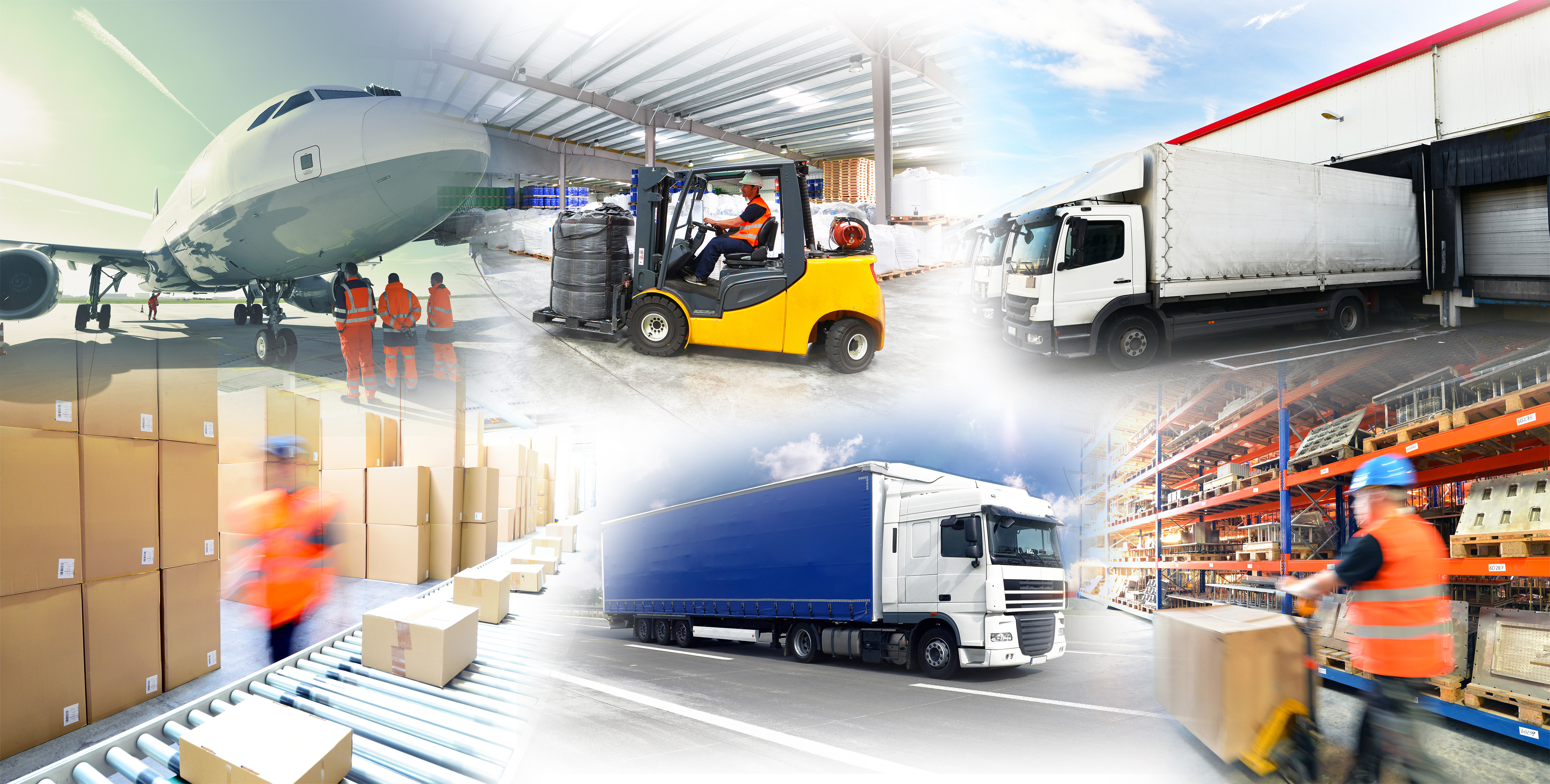Stay
Competitive.
Mobility transformation
Strong international competition, fluctuating prices, massively changing political requirements and decreasing acceptance by citizens and customers are demanding challenges for both states and the logistics and infrastructure sectors.
Strategy analysis
Modelling
Optimisation
In disruptive times like today, managers and politicians are expected to be clear in a situation that they cannot control themselves and the effects of which cannot yet be assessed. This requires true leadership. In other words, not just risk-averse management of the status quo. Rather, executives must assume responsibility and take risks in this situation of high uncertainty. Leadership also stands for the assumption of social responsibility.

Currently, there is evidence of global megatrends coming to a head, especially in the area of digitalisation processes and the accompanying disruption of entire economic sectors; they are setting the course for fundamental and sustainable change in one of the most politically, technically and economically relevant sectors worldwide - the mobility sector. Due to urbanisation and globalisation processes as well as the change in the character of society, the disruption is initially concentrated on urban areas, because only these have the necessary capacities to trigger a historically immanent paradigm shift and are considered innovation drivers in the new, service-oriented mobility market. Historical shifts in mobility, which are preceded by innovations such as the railway, the automobile or the aeroplane, always have drastic social, psychological and global-economic effects, especially in the relationship between urban and rural areas.
However, the undisputed future potential of the service of transport modes is contrasted with a comprehensive social dilemma. Regulatory framework conditions, the concrete implementation of tariff models, the infrastructural deficient state of expansion of roads and railways, the supraregional cooperation of all actors in the new ecosystem, the seamless exchange of data, as well as the acceptance on the part of users in the final state of expansion will decide in the future whether the mobility transformation remains a temporary pilot test or can establish itself as a pioneer model at the centre of a global mobility transformation.This will require intelligent roads, railways, airports, cycle paths and waterways. What is needed, therefore, is an expansion, not a standstill or dismantling of the infrastructure. Mobility needs transport routes, GSK helps with strategy development, modelling of optimisation and implementation of infrastructure development.